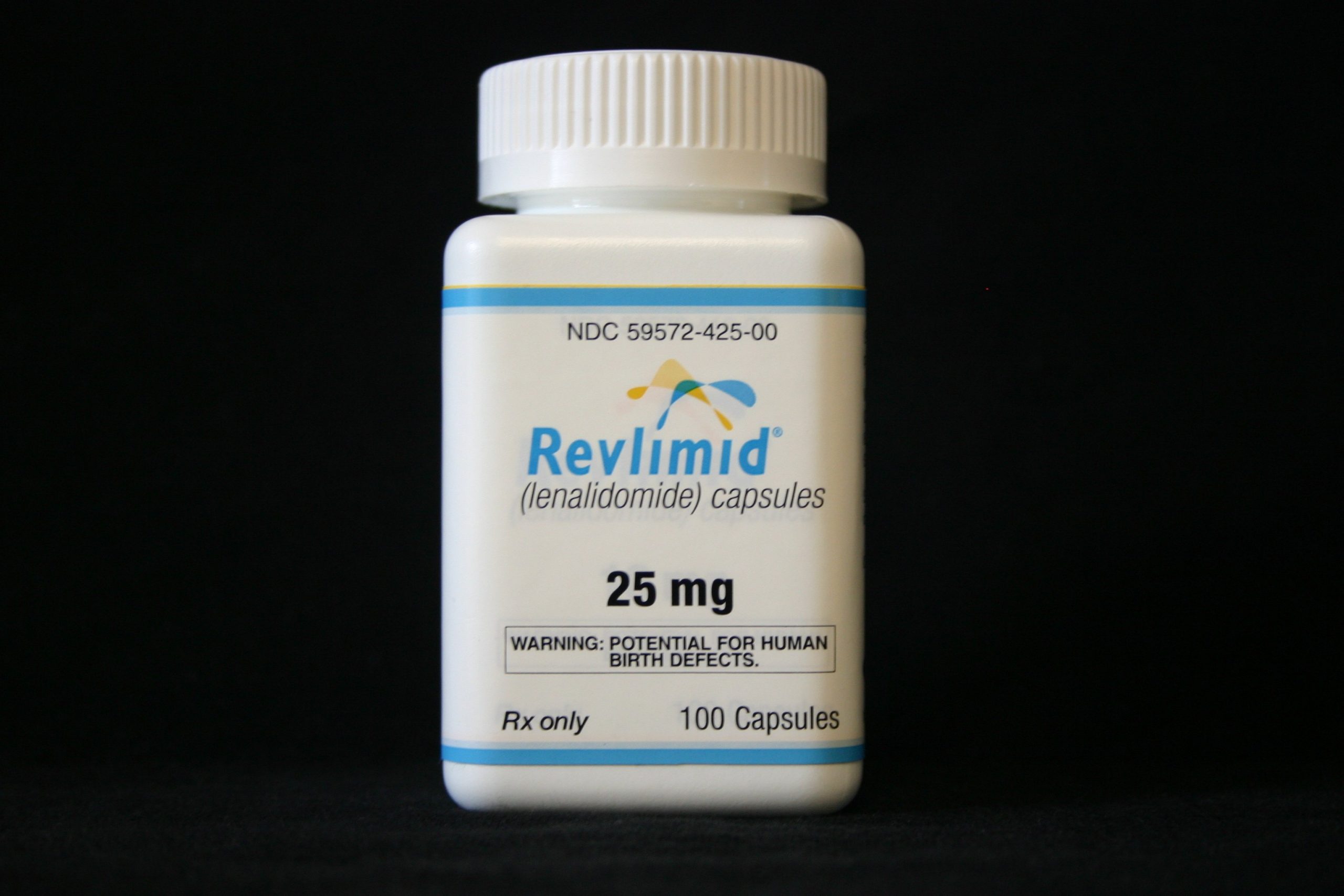
SAN FRANCISCO—After agreeing last year to swallow Celgene for a whopping $ 74 billion, Bristol-Myers Squibb trumpeted the potential of pairing its solid-tumor expertise with Celgene’s hematology expertise to create a leading cancer drugmaker.
But the legacy BMS business had some hematology expertise of its own—and Celgene’s taking advantage, said Nadim Ahmed, the now-combined company’s hematology president.
“We needed to add some additional support” around new rollouts “to make those launches happen, and part of that allowed us to actually take the best of the hematology talent on the field side for BMS,” said Ahmed, who led hematology for Celgene before the merger closed. “We were able to find a way to continue to retain the best people that we’ve had working with these areas.”
RELATED: BMS investors bet big on 3 newly acquired Celgene drugs for cancer and MS
That talent will be critical for the drugmaker as it prepares to debut in the CAR-T market with lymphoma candidate liso-cel, whose pivotal data made an appearance at December’s American Society of Hematology (ASH) annual meeting. The company is “very excited about that near-term opportunity,” Ahmed said.
In the meantime, though, Ahmed’s unit has also gotten to work boosting some of the Bristol products that can benefit from Celgene’s manpower and relationships in hematology. Take multiple myeloma med Empliciti, for example, which has yet to make much of a splash commercially; the drug generated just $ 89 million in 2019’s third quarter.
“The advantage … we’ve had at legacy Celgene is that we have a very robust infrastructure to support multiple myeloma, both from a sales and marketing perspective,” Ahmed said.
Its marketing team, which is behind the success of behemoth Revlimid and follow-up Pomalyst, “is able to accommodate Empliciti,” he added, especially considering that BMS’ most recent Empliciti data examined the drug as part of a Pomalyst-containing triplet regimen.
RELATED: JPM: Bristol chief says one-third of Celgene cost cuts will hit in 2020
“It’s a very natural fit that just slides very easily into our commercial organization, so we’ve been able to do that without any disruption and with the right degree of focus also,” Ahmed said.
As for shifting the resources behind Bristol’s other products? “This is where we have to make sure we continue to be strategic, and that’s making sure to put the right investment behind the right brand,” he said.
